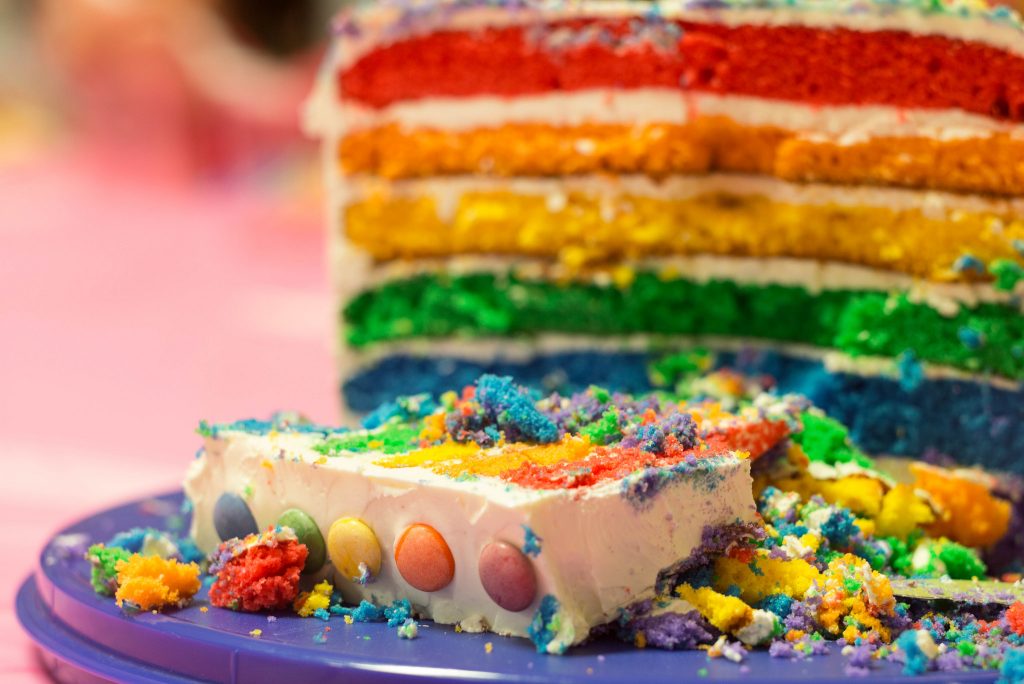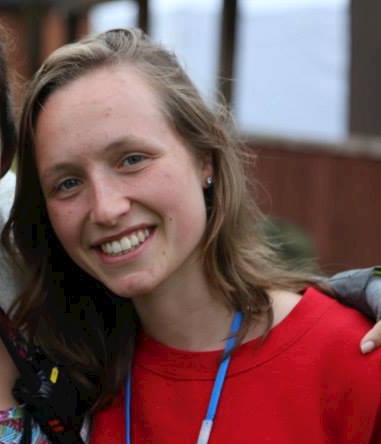Today we bring you a slice of cake or two and ask, what happened in the controversial ‘gay cake’ case and what does it have to do with human rights?
What happened?

Gareth Lee was a gay rights activist living in Northern Ireland. To celebrate the Northern Ireland anti-homophobia week and the growing campaign in favour of same-sex marriage, he wished to buy a cake with the slogan ‘Support Gay Marriage’ and with a picture of Bert and Ernie from Sesame Street on it. He ordered this cake from Ashers Bakery for £36.
Ashers’ name comes from the Book of Genesis, Chapter 49:20, which says ‘Bread from Asher shall be rich, and he shall yield royal dainties’. The bakery owners were Christian and aimed to conduct their lives in accordance with their understanding of the Bible. Part of this was their belief that marriage must be between a man and a woman.
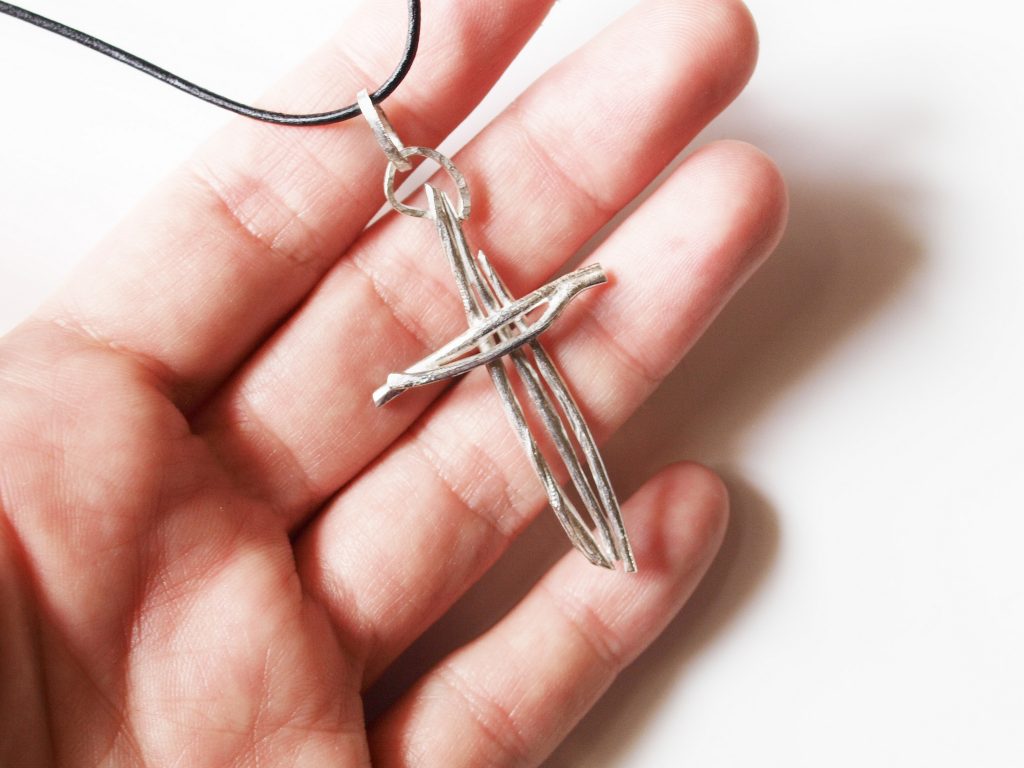
Mrs McArthur, one of the bakery owners, initially accepted the order. However, this sparked an immediate battle with her conscience. After discussing the situation with her husband and co-owner, Mr McArthur, she called Gareth and said they would not be able to make the cake. Later in court she emphasised this was in no way related to his being gay; it was that to produce the cake would be to promote same-sex marriage and this was contrary to their values.
Gareth received a full apology, his money was refunded and he went to another bakery and bought his cake, complete with a happily married Bert and Ernie.
However, he felt he had been wronged by the refusal to make the cake and brought an action in discrimination.
What’s the law?
There are two main legal points raised by this case:
- Discrimination against Gareth; and
- The bakery owners’ freedom of religion and freedom of conscience
1) Was Gareth discriminated against?
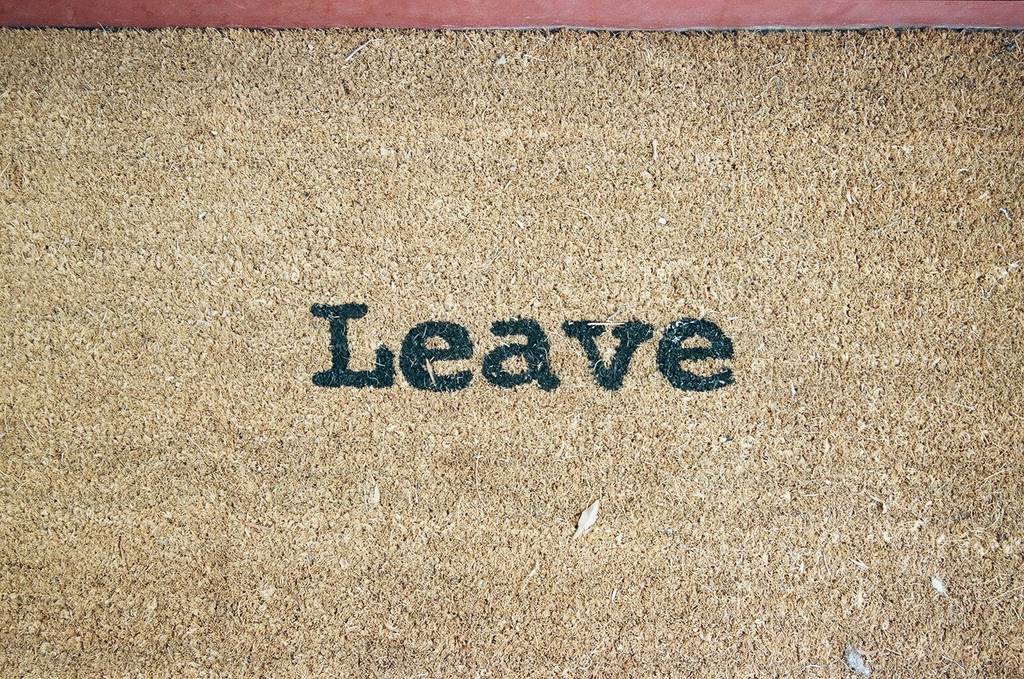
The two possible types of discrimination were:
- Discrimination on grounds of sexual orientation
- Discrimination on grounds of political opinion
Under Northern Irish law, someone who provides goods and services to the public cannot refuse to serve someone on the grounds of, among other things, their sexual orientation or political belief.
What did the judge say?
The judge said there had been direct discrimination on both grounds: Mr Lee had been refused the cake because he was gay (sexual orientation) and because he supported same sex marriage (political belief).
The judge also found that Gareth had been indirectly discriminated against (see our explainer on indirect race discrimination – the same principles apply here).
2) What about human rights?

There were a few human rights at play here: the bakery owners’ rights to manifest their religious belief (Article 9 ECHR) and their freedom of expression (Article 10 ECHR), but also Gareth’s right to freedom of expression and this right in conjunction with non-discrimination (Article 14 ECHR).
Gareth’s action was not brought under human rights law because the bakery is not a public body. But the court is a public body. So when the judge considered the claim, he had to ensure that the ruling respected everyone’s human rights.
What did the judge say?

The judge said that the bakery owners’ right to manifest their religion had been legitimately restricted by the Northern Ireland anti-discrimination laws. These laws served the purpose of ensuring equality in society and were therefore justified.
It would be the same the other way round too – if gay bakery owners’ refused to make a cake with the slogan “God smiles upon heterosexual marriage”, that would be unlawful discrimination too, as Olivia Dobbie points out in her blog post.
Was this right?
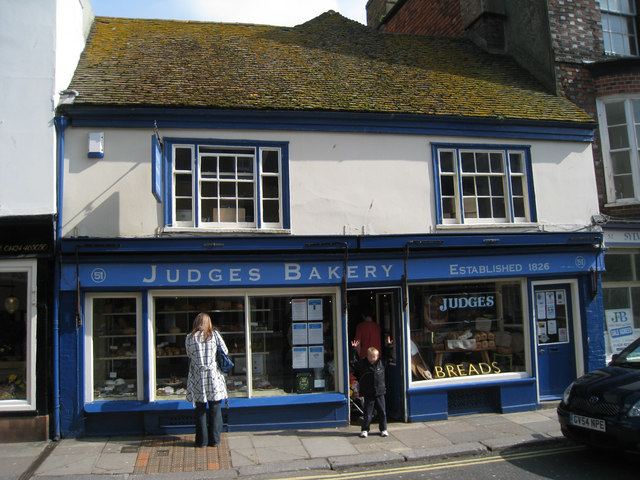
As the law stands, it would only have been unlawful for the bakery owners to refuse to make the cake for Gareth because he was gay. But the bakery owners said they would have refused to make the cake for a heterosexual customer too.
Which begs the question, was it the cake and the idea of gay marriage iced on it, and not Gareth himself, that was being discriminated against?
If so, Peter Tatchell, writing for the Guardian, says this sets a worrying precedent where people can be compelled to promote political ideas with which they disagree.
The case continues…
Belfast’s Court of Appeal has heard the bakery owners’ appeal against the decision. Judgment will be delivered soon.
- For the original ‘gay cake’ case judgment, click here.
- For more on discrimination, check out our funky poster here.
- Read our Explainer on why the right to religion and freedom of conscience matters.
- This case is being appealed. RightsInfo will be reporting on the case. Come back soon for more information.

